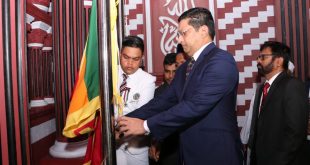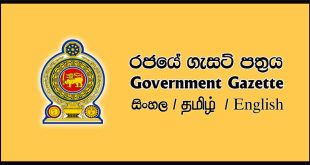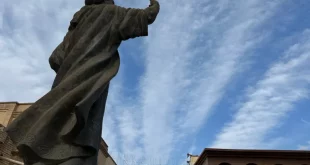I read with much interest Lynn Ockersz’s article titled “Containing communalism emerging as key challenge” (Island of July 9), particularly his observations on British legislation on race relations. He refers to Britain’s Race Relations Councils which “are charged with eliminating unlawful discrimination in local authority areas, promoting equal opportunities and promoting good race relations between persons of different racial groups.” The idea that British legislation on race relations could be relevant to our context might seem to be a novel one, but not to me because I used to be obsessed with that idea at one time.
After my retirement from Government Service in 1988 I used to participate in a great many seminars organized by our NGOs. At that time the hot topic was “national identity”. The consensus among the participants was that while all Sri Lankans had their group identities, the sense of a national identity was absent, inchoate, and in any case very weak in comparison with our group identities. The problem therefore was how to develop a sense of a national identity that would be more important than our group identities, a transcending over-arching identity. What should be done? On that question there was a striking paucity of ideas. I used to argue consistently that the underlying problem was discrimination, and once that problem was dealt with, the sense of a national identity would grow naturally. In that connection I used to argue that we should set up the equivalents of Race Relations Boards in Britain and elsewhere, a point that I made in more than one seminar paper. But I cannot recall evoking even a single response.
My idea did evoke a response at a meeting held outside the NGO network at St. Michael’s Church Polwatte. The other speakers apart from myself were the late Professor Sarathchandra and Devanesan Nesiah. The Vicar observed that my idea would not work. When he visited my family a week later – my wife was a devout Christian – I asked him for his reasons. He had none, but he was quite sure that it would not work. Doubtless that was the view also of all the others who ignored my idea at those useless NGO seminars.
I have now deep misgivings about attempting a solution on the basis of the 13th amendment. I would much prefer a solution on the basis of citizenship, of the individual securing his rights and legitimate interests through an unmediated relationship with the State, on the basis of the law. In that paradigm the question of discrimination comes to the fore. LO’s article has special importance in that connection. They say that nothing is so important as an idea whose time has come.
 Sri lanka Muslims Web Portal Diversity and Inclusiveness
Sri lanka Muslims Web Portal Diversity and Inclusiveness



